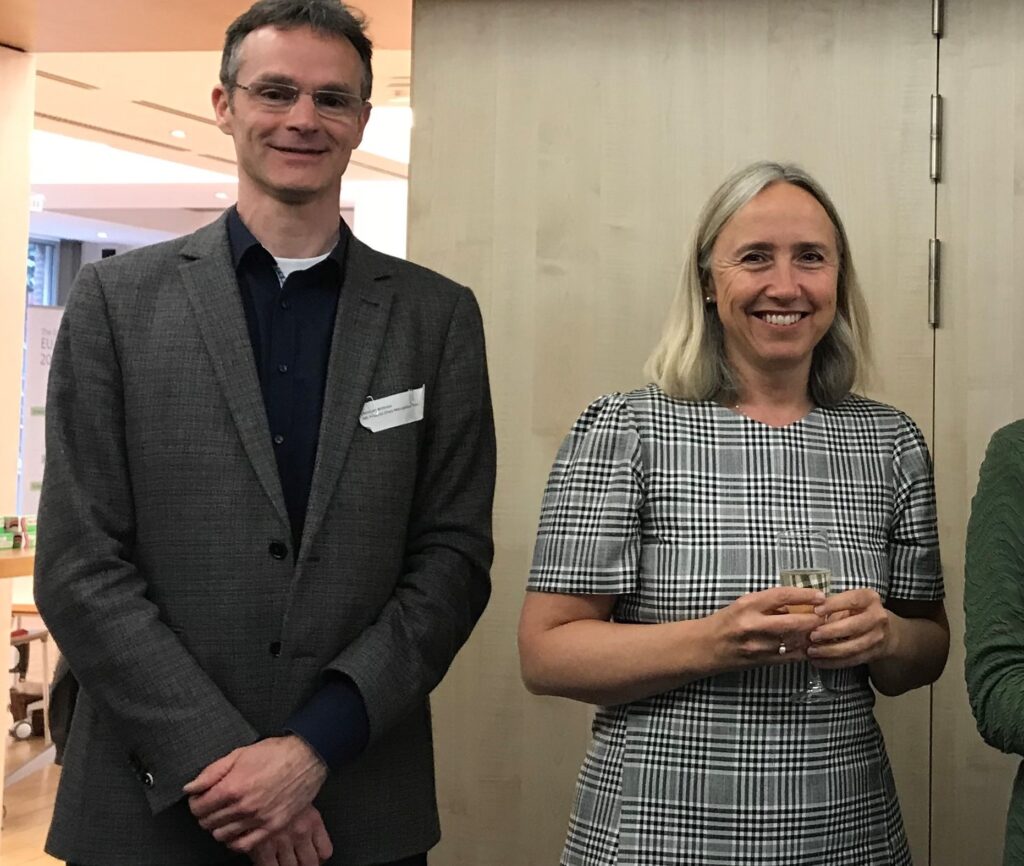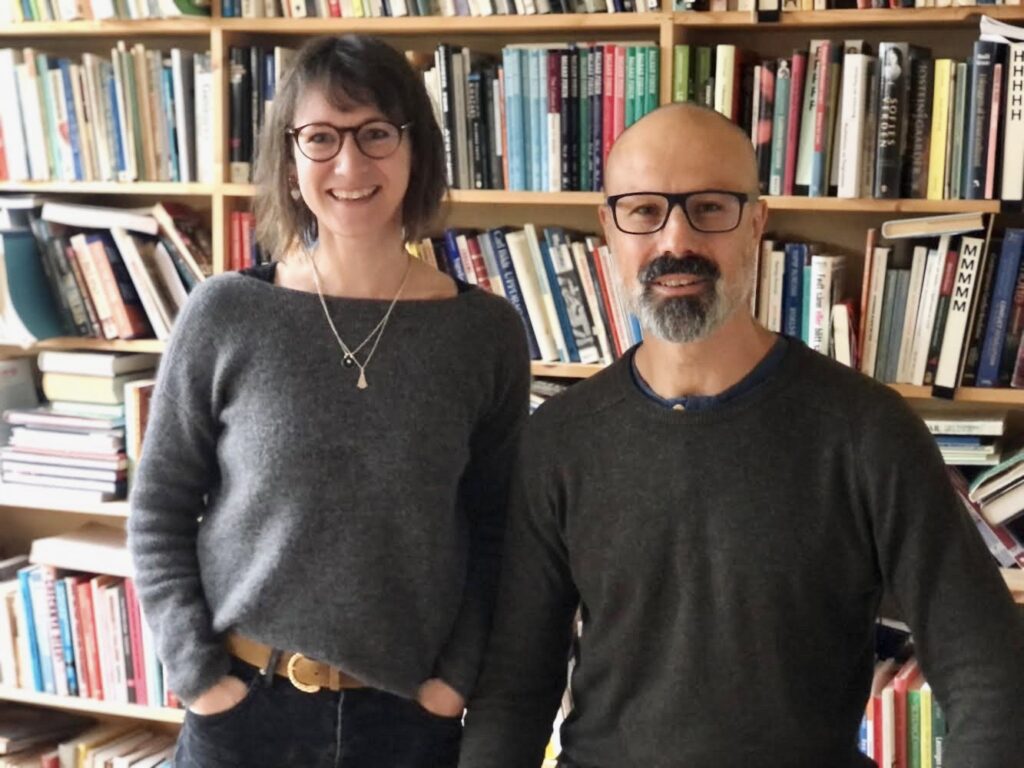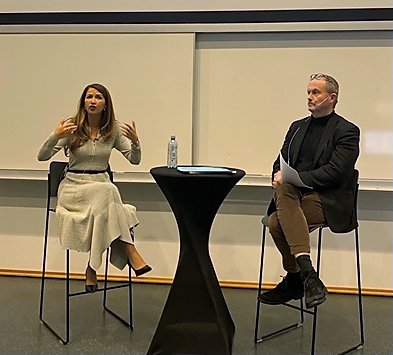Conference opportunities
The countdown to the AFINO International Conference next year has begun. One of the first milestones in the preparations, is the call for papers. Several of the track leaders have good reasons why you should seize this opportunity to submit.

With twelve different tracks, there are many different options for choice.
The track leaders represents both various disciplines and institutions.
May Thorseth is a Professor at the Norwegian University of Science and Technology (NTNU), working at the Department of Philosophy and Religious Studies, and she is leading the track “AI and ethics” for the AFINO conference.
– AI poses democratic threats, e.g., due to distortion technologies and surveillance capitalism, i.e., Big Tech’s power to influence people’s preferences and predict future behavior. An important question for this track is how governance of AI technologies could be more responsible and robust in the future, she says.

Future of RRI and CSR
Postdoctoral Fellow Alexander Myklebust is also working at NTNU, but at he Geography-department. He looks forward to submissions to the track “Mission oriented research and innovation – from responsibility to transformation“.
– This track welcomes contributions that engage with the future of RRI and CSR in the era of mission-oriented innovation policies. Contributions can for instance discuss theoretical concepts such as “transformation” or “directionality; whether the four dimensions of RRI can be employed in a missions context; and how RRI can inform critical engagement with mission-oriented innovation, he explains.
Track with an extra bait
“Bringing responsibility to firm practices: how?” is a track led by an international team featuring: Tatiana Aleksandrovna Iakovleva and Elin Merethe Oftedal (both Professors at the University of Stavanger (UiS)), Arnt Fløysand (Professor at the Western Norway University of Applied Sciences (HVL)) and Professor Luciana Maines da Silva (UNISINOS University, Brasil). (The four can be seen at the featured photo collage at the top.)
– Recently some studies started to look into the relevance of RI for firms’ practices. These studies argue that while the principles of RI direct us to involve the user early in the innovation process, they lack suggestion of frameworks on whom to involve, how to involve them, and at what stage. While several researchers claim that RI is advantageous for businesses other studies point to the negative effects of RI on innovation processes. Thus, how and why RI should be integrated into firm and practices remains ambiguous. Additionally, there are limits to what a single economic actor might implement. Thus, elaborates Tatiana Iakovleva, it is becoming important to focus future research not solely on the firm’s practices, but also on how a broader network and economic eco-system in regions or nations can become supportive of the responsible innovations.
As an extra bait for possible submitters to this track, selected papers from the track will be invited into a Special Issue for the Journal of Responsible Innovation, with a submission deadline for a full paper in December 2024. Get the details about the Special Issue and deadlines here.

Spot on the conference theme
Well aligned with the conference’s main theme: “Transformative Research and Innovation”, is also the track “Transformation in the research and innovation system seen through the lens of organization theory“. This track is lead by Ellen-Marie Forsberg (NORSUS) and Christian Wittrock (OsloMet), who welcomes submissions with these encouragements:
– We encourage scholars to further explore the use of organization theory in the field of RRI. We encourage studies eliciting mechanisms at play, and studies bridging levels of analysis. We welcome case studies as well as broad quantitative studies.

How to train researchers to engage the world?
The research school has been an important part of AFINO since the beginning, and will have a central place also at the conference next year. Anne Blanchard (leader of the AFINO Research School/University of Bergen) and Giovanni De Grandis (NTNU) are excited to receiving and reviewing submissions to their track “Training researchers for engaging the world: breakthroughs and breakdowns“.
Deadline coming up soon!
The portal for submitting abstracts has been open since August, and has now an extended deadline to 15th March, 2024. So, if you are interested in submitting an abstract you should act very soon.
As mentioned above, there are in total twelve different tracks to choose from. A full overview can be seen at the conference’s webpage under Conference tracks. This webpage also specifies the guidelines for submissions and includes a link where to submit.
The conference webpage will be continuously be updates towards the conference next summer, 28th to 30th August, 2024. We encourage you to take a look now and then for news and updates, and already now block the dates in your calendar. The webpage will also give you more information about the goals and vision for the conference and AFINO Research Centre.




